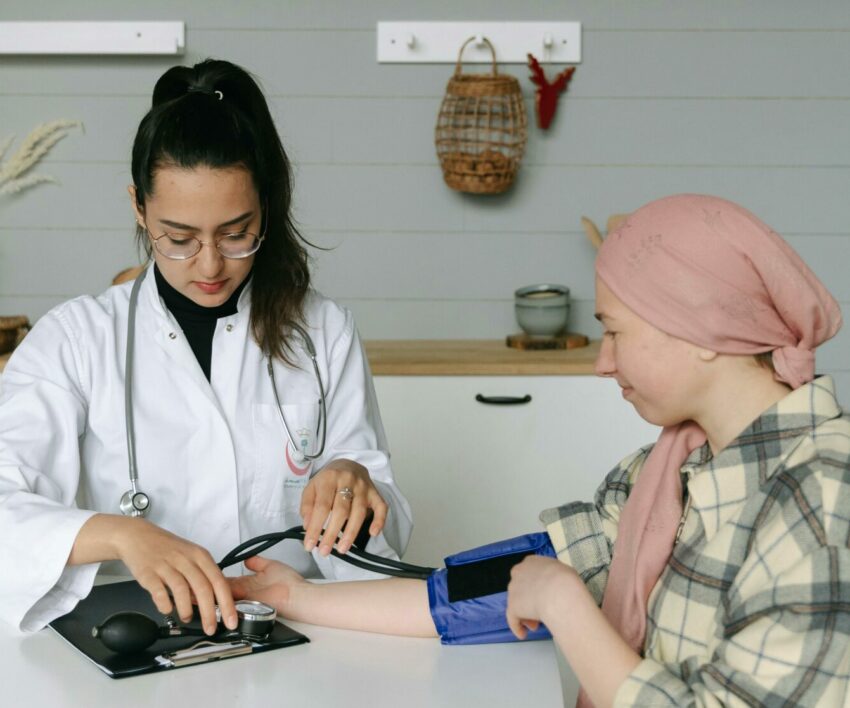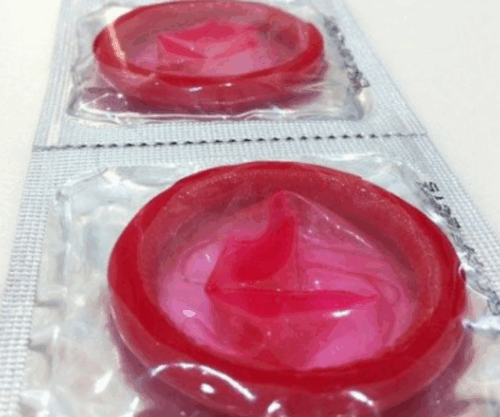
In South Africa, one in 15 deaths among those under 75 is caused by cancer, with blood cancer – diagnosed in over 7,300 people annually – ranking among the five deadliest types. However, it is treatable and potentially curable.
Ahead of World Cancer Day, Palesa Mokomele, Head of Community Engagement and Communications at DKMS Africa, explains that survival is possible with a stem cell transplant from a donor who shares at least eight out of ten human leukocyte antigen (HLA) characteristics with the patient.
Reflecting on this year’s theme, “United by Unique”, she points out that it beautifully highlights the one-of-a-kind connection between blood cancer patients and donors, based on their shared tissue compatibility. “With over 20,000 known characteristics that can combine in millions of unique ways, finding a match is exceptionally rare. But when it does happen, it could potentially save a life.”
HLA characteristics vary by ethnicity, making it particularly challenging for Black, Coloured, and Asian patients to find matches, as these groups are underrepresented on donor registries. “Currently, only 38% of the DKMS Africa registry comprises Black individuals, with Coloured (10%) and Asian (8%) donors making up even smaller percentages. To improve the likelihood of matches, we must work toward increasing these figures. Moreover, it is critical that registered donors complete the journey of donation, as high dropout rates prevent patients from getting a second chance at life,” stresses Palesa.
While every experience with cancer is unique and blood cancer symptoms vary depending on the type, below are five common warning signs to watch out for:
- Fatigue: This refers to feeling so exhausted that you struggle to complete everyday tasks. It’s often accompanied by a sense of weakness.
- Persistent fever: A fever can indicate that your body is combating an infection or reacting to abnormal cancer cells.
- Unusual bleeding or bruising: While bumps and injuries can lead to bleeding or bruises, it becomes concerning if bleeding doesn’t stop, or bruises fail to heal within two weeks.
- Unexplained weight loss: Losing approximately 4.5 kilograms or more without trying over a six- to 12-month period is classified as unexpected weight loss.
- Drenching night sweats: These are episodes of heavy sweating that occur unexpectedly while you sleep, leaving your bedding and clothes soaked and disturbing your sleep.
Palesa insists that early detection and timely intervention are critical for improving survival rates. However, she notes that over 4,000 South African patients succumb to blood cancer each year due, in part, to donors failing to follow through with the donation process. “Donor attrition can hinder the search for a match and increase waiting times for a transplant, which jeopardises the patient’s chances of recovery.”
To ensure that patients receive a second chance at life, she appeals to registered donors to routinely update their profiles to reflect their current health status, contact details and availability.
“The 2025 World Cancer Day theme serves as a reminder that cancer is much more than a diagnosis; it’s a deeply personal experience filled with emotions like anger, grief, pain, and hope. I urge all South Africans to keep this in mind and to take action to offer patients the gift of life,” concludes Palesa.
Compiled by: Portia Mbuli
Also see: Weight loss or vision loss? The surprising side effects of Ozempic




